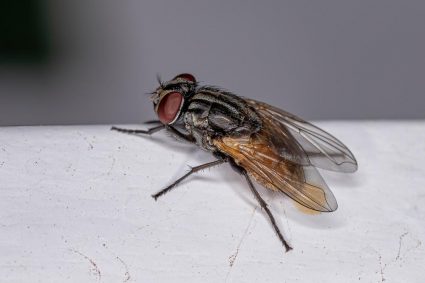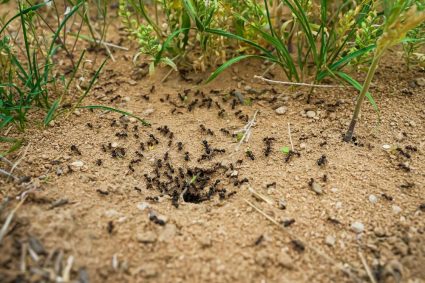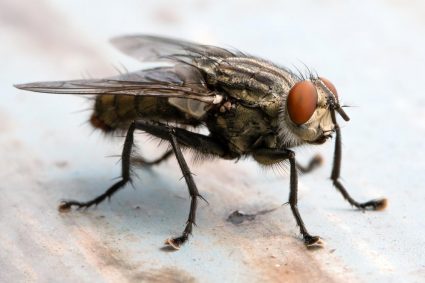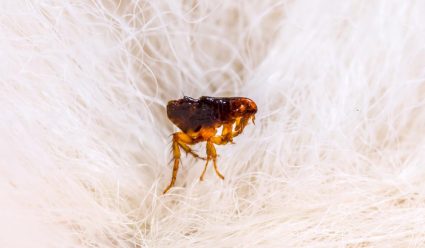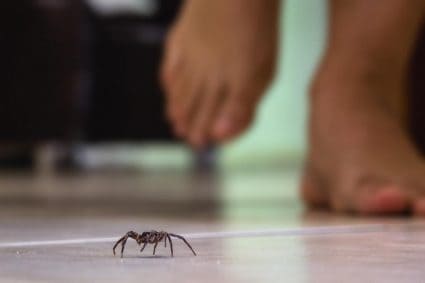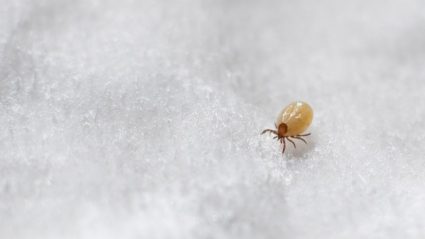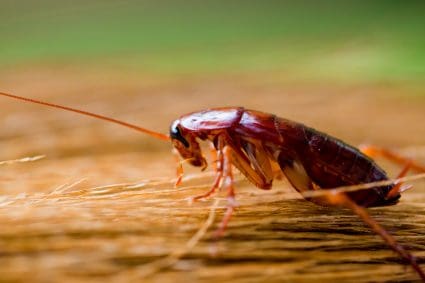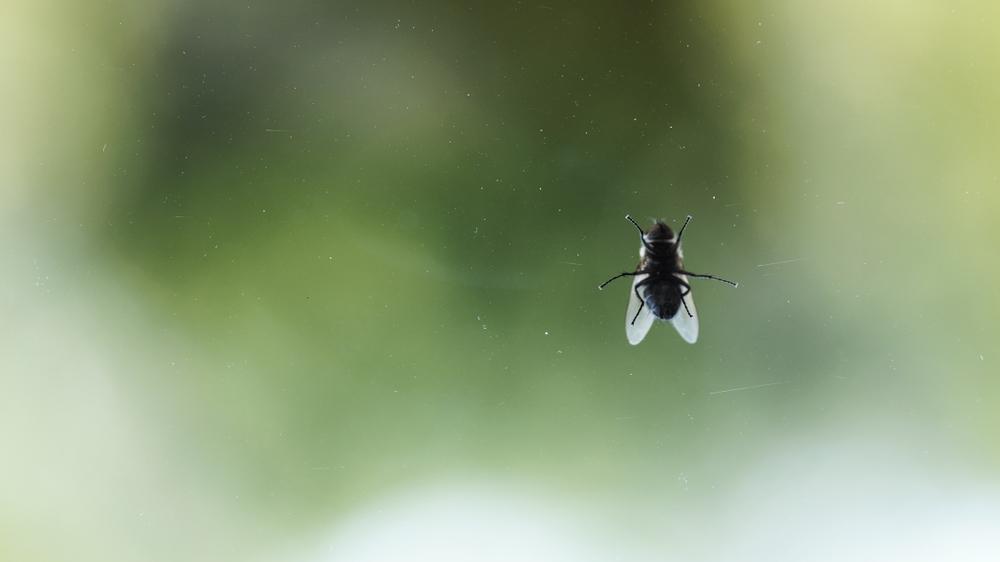
Fungus gnats can be a common, yet annoying, issue for indoor and outdoor gardeners. These tiny flying pests can damage plants and become a nuisance around the home. But can something as simple as vinegar help control or even eliminate these pesky insects? Let’s delve into the details.
Yes, vinegar can help control fungus gnats, but it is more effective at trapping and killing adult gnats rather than eliminating the larvae in the soil. Vinegar, specifically apple cider vinegar and white vinegar, attracts gnats due to its acetic acid content, which mimics the smell of overripe fruits and fermenting substances. However, vinegar alone may not completely prevent fungus gnats from appearing, so it should be used in conjunction with other preventive measures.
What Are Fungus Gnats?
Fungus gnats are small, dark, short-lived insects, often mistaken for fruit flies. These pests belong to the families Sciaridae, Diadocidiidae, Ditomyiidae, Keroplatidae, Bolitophilidae, and Mycetophilidae. Their larvae feed on fungi growing on soil, aiding in the decomposition of organic matter.
While mostly harmless to healthy plants and humans, fungus gnats can indicate more serious problems. For instance, in houseplants, they may indicate overwatering, as they may feed on roots that have been immersed in water for too long or be attracted to fungus growing in saturated topsoil. They can also spread fungal diseases, causing further damage to plants.
Vinegar and Fungus Gnats
Yes, vinegar can be used to combat fungus gnats. However, it’s important to note that vinegar is more effective in trapping and killing adult gnats rather than eliminating the larvae in the soil.
The most commonly recommended types of vinegar for dealing with fungus gnats are apple cider vinegar and white vinegar. The acetic acid in vinegar mimics the smell of overripe fruits and fermenting substances, which are natural food sources for gnats. This smell draws them in and tricks them into falling into the liquid and drowning.
However, remember that vinegar will work best for fruit flies, the most common gnats we find in our homes, but won’t work as well when getting rid of fungus gnats. Therefore, while vinegar can help control a gnat problem, it may not completely prevent fungus gnats from appearing in the first place.
How to Use Vinegar for Fungus Gnats
To use vinegar as a gnat trap, you can create a solution by mixing one part apple cider vinegar with two parts water, then adding a few drops of dish soap. The gnats are attracted to the vinegar, and the soap breaks the surface tension of the water, causing the gnats to fall into the solution and drown.
Another method involves filling a shallow container with 1/4 inch of apple cider vinegar and a few drops of dish soap, and covering it with plastic wrap. You then poke a few holes in the top of the plastic wrap, making them large enough to allow fungus gnats to crawl through. The gnats are attracted to the vinegar, and the soap causes them to fall into the solution and drown.
Preventative Measures for Fungus Gnats
Aside from vinegar, there are other preventive measures you can take to avoid a fungus gnat infestation:
- Watering Regime: Avoid overwatering and allow the soil surface to dry slightly before watering again.
- Soil Management: Minimize organic debris around your plants and avoid fertilizing with excessive amounts of manure, blood meal, or similar organic materials.
- Use of Traps: Use yellow sticky traps to reduce the problem by trapping adult gnats.
- Soil Surface Cover: Apply a 0.5cm layer of sand, lava chippings, or crushed expanded clay to the soil to ensure that the surface always stays dry.
- Biological Control Agents: Use commercially available biological control agents such as Steinernema nematodes, Hypoaspis predatory mites, and the biological insecticide Bacillus thuringiensis subspecies israelensis (Bti).
- Quarantine Infected Plants: Quarantine your infected plants away from other houseplants to avoid spreading the problem.
In conclusion, while vinegar can be an effective tool in controlling adult fungus gnats, it should be used in conjunction with other methods to address the entire lifecycle of the gnats. Regular monitoring and early intervention can help keep fungus gnat populations under control.
Frequently Asked Questions
Can I use any type of vinegar to trap fungus gnats?
While any vinegar may attract gnats due to its fermenting smell, the most effective types are apple cider vinegar and white vinegar. These mimic the smell of overripe fruits, a natural food source for gnats.
How long does it take for vinegar to kill fungus gnats?
The vinegar trap starts working immediately as gnats are attracted to it. However, the time it takes to eliminate a gnat infestation can vary based on the size of the population and whether or not other control measures are being used.
Is vinegar harmful to my plants?
Vinegar, when used as a gnat trap, is not harmful to plants. However, direct application of vinegar to the soil or the plant can harm them due to its acidity. Always use vinegar traps away from the plant to avoid any accidental spillage.
How often should I replace the vinegar in my gnat trap?
It’s advisable to replace the vinegar solution in your trap every few days, or once you start seeing a significant number of gnats in the solution. This ensures that the trap remains effective and fresh.
Can vinegar completely eliminate a fungus gnat infestation?
Vinegar can help control adult fungus gnats, but it won’t kill the larvae in the soil. For a complete solution, it’s best to combine vinegar traps with other preventive measures such as proper watering, soil management, use of traps, soil surface cover, biological control agents, and quarantining infected plants.

